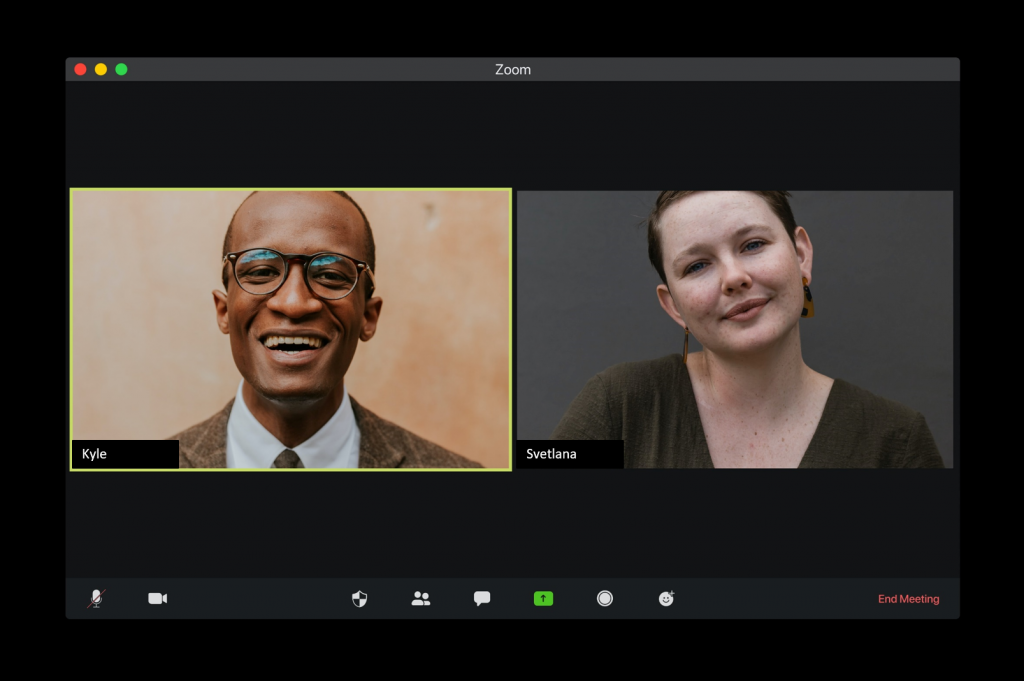
People management training
Our people management training covers the overall approach and skill development to give you the best chances for success.
What is people management training
This training is practical and engaging throughout. We tailor the training to your specific needs. This is because the term manager is applied to many roles, even though we usually define it as being someone with responsibilty for the work of other people. But this could mean a person who manages one other, or twenty or over a hundred people.
ITD people management training focusses on the issues you need it to, so that the sessions are very useful for participants and give them fresh ideas on how to deal with the day to day challenges they face.
Our approach to people management training
Our approach is to give you a practical approach to managing people. This means firstly that we explore the role of the people manager and fundamental requirements of the job. Secondly, we review the different models of management that have been developed by academics and business. Thirdly you are introduced to the key requirements to be a successful manager Fourthly we look at the specfic skills required and practise these skills. As you can see our approach is thorough.
Virtual or live training
We can deliver this training as virtual training via Zoom, Teams or your preferred platform. And we also deliver this as face to face classroom training, with the result that it is often a blended approach between the two.
Duration
We are very flexble on how long the training can take. Some clients want a half day session to cover very specific skill areas like delegation, or coaching, or sales management. Other clients want a comprehensive programme of sessions, typically separated by time to allow for reflection and implementation of newly acquired skills. So you could end up with a three hour session, or a four day programme.
Participants
It is very typical that participants are existing managers who the organisation has identified would benefit from training. This can mean training all managers, or taking new managers, or managers with a new role. Whatever the participant cohort, we make the training engaging and practical by tailoring the workshops to the organisational needs.
Development centre
A development centre is where you take people before they become managers, and train them in how to become a manager in your organisation. This can be a week long residential training event, or it can be a series of smaller two or three hour sessions. A development centre can be a very useful way of identifying those in your organisation who will easily become managers, those who are more likely to struggle and those in between.
Pre course
Prior to the training participants complete the ITD Work Styles Model, which will be used in the training to help participants reflect on the impact of personality on their management style.
Post course
Access to the trainer can be an effective way to reinforce key messages from our people management training. Particiants enjoy discussing specfic situations and their approach in a one to one conversation.
Tailoring the training
Like all our work, we tailor our people management training to your needs, so that the session is totally relevant and delivers what you need it to.

People management training sections
You can see this as either a complete agenda for comprehensive people management training, or as an a la carte menu from which to select the areas you prefer to focus on.
Understanding the impact of your personality
Personality has a huge impact on the drivers of our management style. It influences our relationships with colleagues, how we interpret behaviours, our approach to difficult situations and what causes stress.
Reflecting on your personality is key to considering your approach to management. We do this using the ITD Work Styles Model which is easy to understand and simple to apply. You can read more about our personality model here.
How do you get to be a people manager
Reflecting on how a person becomes a people manager is usually a very revealing conversation. Promotion to the role of manager is often based on the achievement of success as an individual. The implications of this are explored including the different skills required to perform as an individual, compared to a manager.
Challenges of managing people
We explore the participants’ challenges of being a manager. For each challenge we suggest and explore new ideas and approaches. This practical workshop approach means that participants gain useful ideas which they can apply in their work immediately.
Learning from your best & worst manager
Taking a look back at your best and worst managers can be both informative and a great learning exercise. We discuss each participant’s experiences to find ideas the group can learn from. This means the learning is drawn from the group, which people find both interesting and easy to implement.
Management styles
We review a variety of management style models and use them as a reflective tool for the participants, so that they gain greater insight into their style of managing. From this actions can be fined tuned to develop approaches to different scenarios.
Developing confidence as a manager
Some people develop confidence as a manager faster than others. The training gives you techniques for developing confidence. We do this by firstly exploring the different sources of confidence to see if participants can find their most likely source. Secondly we look at the personality strengths of each person as a source of confidence. And lastly we look at your existing areas of confidence, to see if these can be built on. In this way the session is practical and focussed on you, the participant.
Management processes
In working with managers over the last twenty years we have noticed the most successful of them have the use of certain processes in common. We cover these in our training and they include; team meetings, one to one sessions with each team member, clear explanation of job roles, and contracting to establish the foundation of a good working relationship. We explore each one of these and apply them to your situation.
Coaching
Coaching is one of those skills which can be easily misunderstood. This training gives a very clear and specfic definiton of coaching. We then build on this with an exploration of coaching skills, which we then apply with specific scenarios. Practise is key to the session on coaching skills, so that each participant fully appreciates how to coach, when to coach and an assessment of their coaching abilities.
Motivating people
Motivation is one of the most common challenges we get asked in our people management training courses. How do you motivate someone? How do you motivate when the job is not so interesting. Our approach is practical and applicable because we base the discussioon on the participants’ specific challenges.
Diversity & Inclusion
Diversity and inclusion are connected but distinct concepts. Looking at diversity means exploring the representation or make-up of the people in your team. Typically, diversity implies ethnicity, age gender and other aspects of people. But it also includes personality, approach to work and creativity.
Inclusion is about how well the contributions and view points of people in your team are valued and integrated into an environment. One definition includes, “the degree to which everyone is treated fairly and respectfully, have equal access to opportunities and resources, and can contribute fully to the organization’s success.”
This section explores these ideas and introduces a range of practical tips and strategies for developing diversity and increasing inclusion.
Difficult conversations
The difficult conversations section of our people management training is one of the most popular, because it is so practical and useful. By definition the subject of these conversations are not what the manager, or team member wants to discuss, but that they need to talk through. We have a list of these subject areas, but the actual subjects are agreed and suggested by you when we tailor the training.
Scenarios
The scenarios part of our training is the ‘what would you do if…’ section. These are hypothetical but realistic situations that the group discusses and suggest approaches for. This means ideas are practical and well thought through.
Check out our reviews
We are very proud of these reviews and are glad to be sharing them with you. For existing clients these reviews demonstrate we’ve done a great job, because they have been written by their employees. And for new clients these reviews really matter to give you confidence, because they are written by people who have experienced the training you are considering purchasing.
Client Case Studies
















